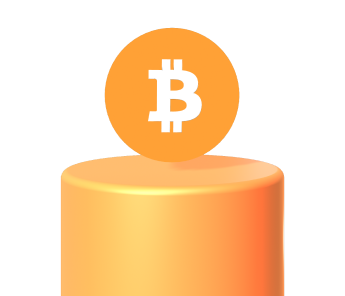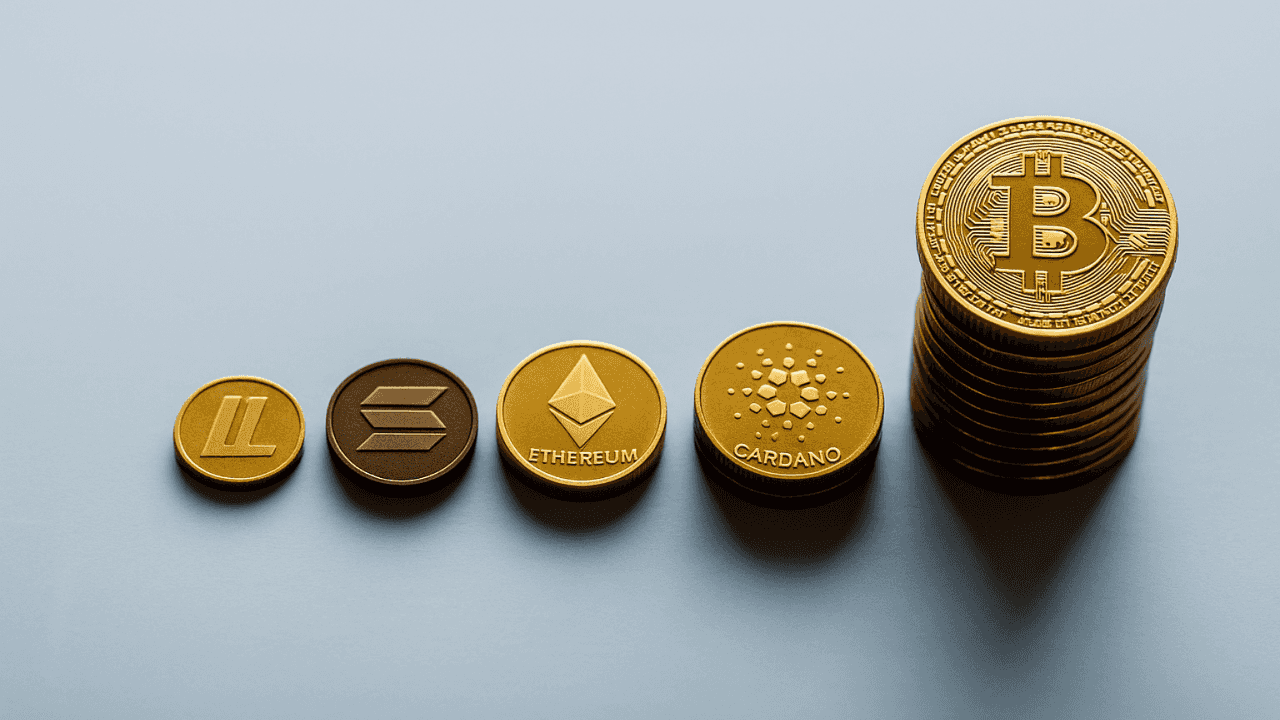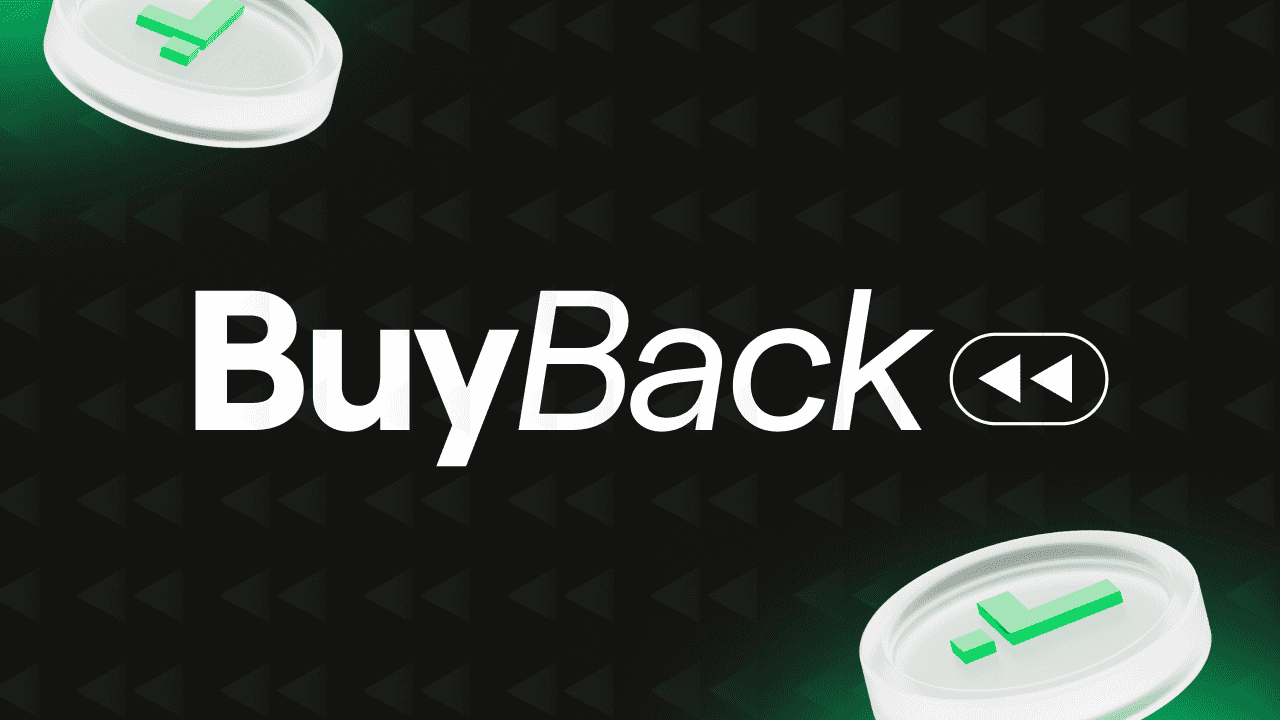
What role will cryptocurrencies play in Elon Musk’s new Twitter? Can it really become a decentralised social network?
Twitter is the platform on which the crypto community moves and also where the main topics of the sector are discussed. With over 300 million active users, it is one of the social networks with the most cultural and political influence. Since the social network has a new owner, some have wondered whether cryptocurrencies will arrive on Twitter thanks to Elon Musk. The entrepreneur’s ideas about Twitter’s crypto future are currently unclear. And that is why there are those who are beginning to move on to alternative, decentralised social networks.
The story of Elon Musk who (maybe) wanted to buy Twitter
After months of back-and-forth and twists and turns, Elon Musk finally bought Twitter for $44 billion. It all started in April 2022 when Musk became Twitter’s largest shareholder with a 9.2 per cent stake. The entrepreneur at first wanted to join the board of directors, then offered to buy the social network at $54.20 per share. However, after signing a binding agreement, Musk had second thoughts, complaining about the excessive presence of bots and scam profiles on the social network. In July, Musk announced that he would buy Twitter because the social network had meanwhile sued the entrepreneur to force him to comply with the agreement. Musk could not change his mind so easily! So in October the deal was finalised.
On the 29th of October, the day of the official takeover, Twitter’s shares closed trading up 0.3% at $53.86 and the following Friday Twitter was delisted from the New York Stock Exchange. Elon Musk entered the headquarters of the social network and the first thing he did was to fire some Twitter managers and employees.
After the takeover: Elon Musk’s plans for Twitter
After buying Twitter and becoming its owner, Elon Musk shared a series of tweets to explain his future plans. It would appear that Musk wants to create an ‘all-in-one’ app that is not only a social network, but also a platform for shopping, messaging and money transfers.
The changes being discussed are:
- Ensuring maximum freedom of speech and expression;
- Fight against scam profiles and eliminate scams;
- Review policies on advertisements and advertisers;
- Monetising content to favour creators;
- Establish a paid subscription for verified accounts at $8 per month;
- Enabling payments in Dogecoin.
Musk has not yet announced a precise roadmap, the possible innovations for the social network are all sketched out in tweets and statements. The community and Twitter users have been commenting and asking questions for days, and several controversies have arisen. The one that stands out (and is most worrying) is the possible rehabilitation of censored accounts like Donald Trump‘s.
What happens if cryptos enter Twitter?
Is Elon Musk’s takeover of Twitter good for the crypto world? There are reasons to think that the answer is ‘yes’, however the hopes of seeing Twitter decentralised are not high. We know that in the crypto world, Elon Musk is capable of moving the markets, and his entry into Twitter has boosted the price of Dogecoin (DOGE). After all, it is no mystery that Musk is a holder of DOGE and BTC (through Tesla).
However, the link between cryptocurrencies, blockchain and Twitter remains very vague. The most plausible option is to introduce crypto as a payment system and dedicate sections to NFTs. Twitter in fact already offers functionality for non-fungible tokens and the use of cryptos could be facilitated by the collaboration with Binance, which participated financially in the acquisition. On the issues of monetisation of content, data ownership and governance there are still no indications. Therefore, many are sceptical about the possibility of Twitter becoming a Web3 social network.
The decentralised alternative to Twitter: Mastodon
On hearing the news of the change of owner, many users moved elsewhere, to less centralised ‘social’ solutions. In the four days following the takeover, 120,000 people registered with Mastodon, a decentralised and open source (but not on blockchain) social network. Mastodon was born in 2016 from the idea of Eugen Rochko who was disappointed with Facebook’s data management and security policies.
Mastodon is organised in ‘lists’ or ‘interest groups’ to which one can subscribe and write and read ‘toots’ (the equivalent of ‘tweets’). Mastodon has a strong policy on data ownership and proudly states that ‘It is not for sale’. Nothing on Mastodon can be decided by companies or advertisers, all decisions are up to the users. Just as content is not determined by algorithms or advertising. At the moment Mastodon has about 4 million users. Other decentralised social alternatives are making their way, but the most eagerly awaited is Bluesky. The social on blockchain that is being planned by Jack Dorsey, the founder of Twitter.




